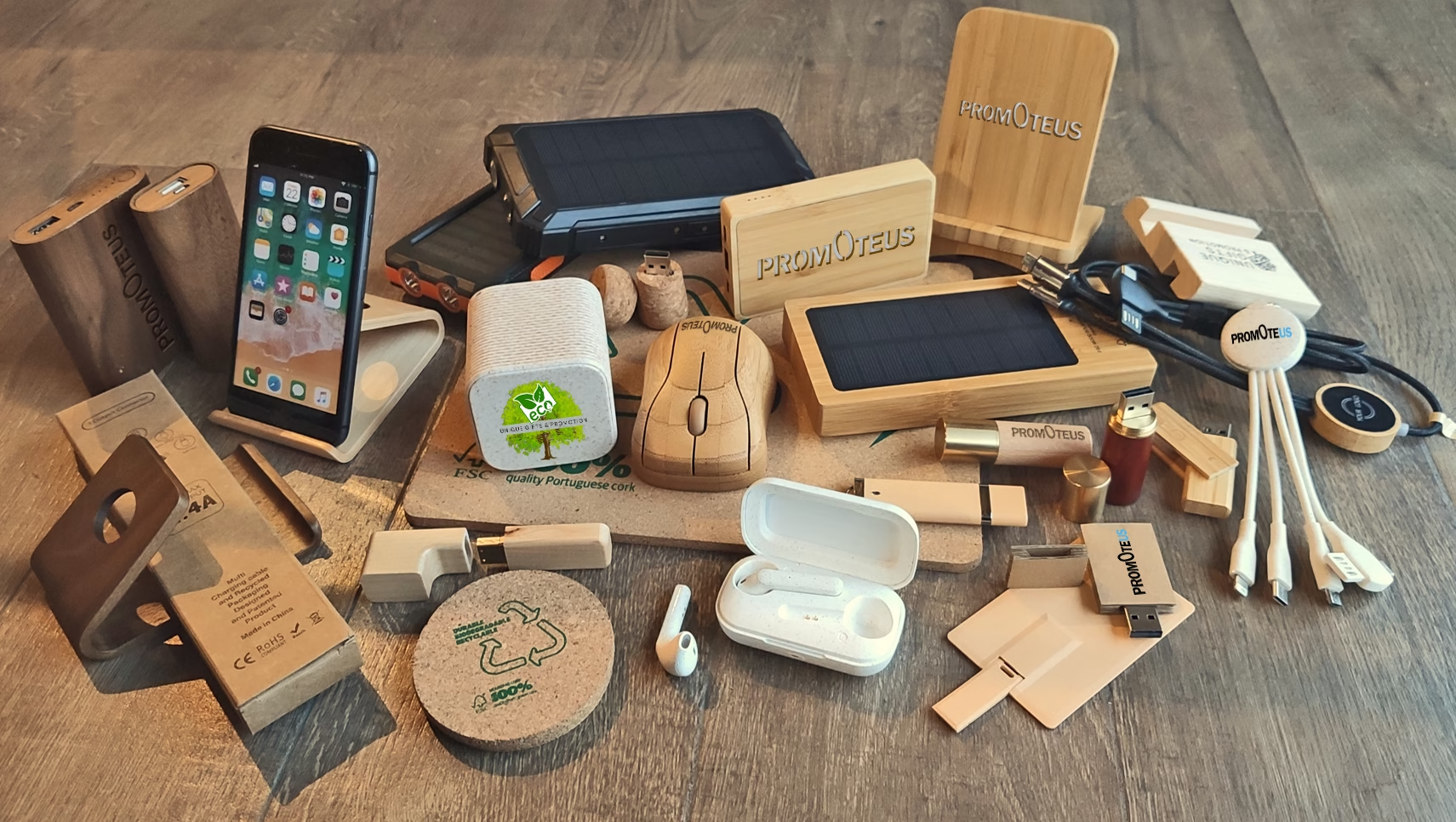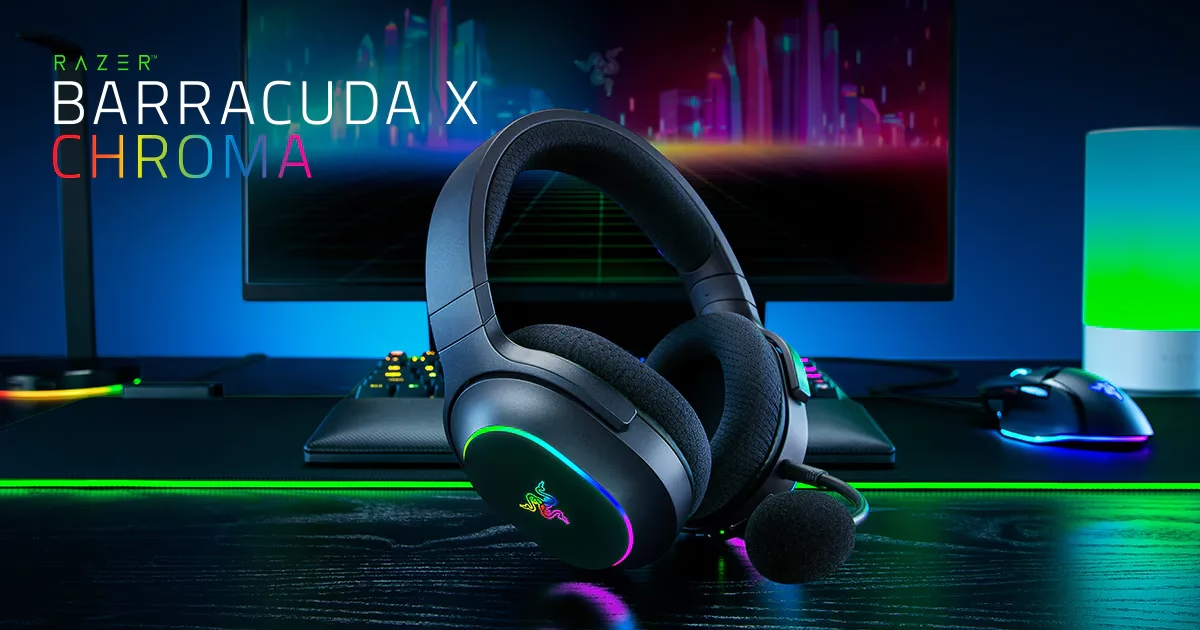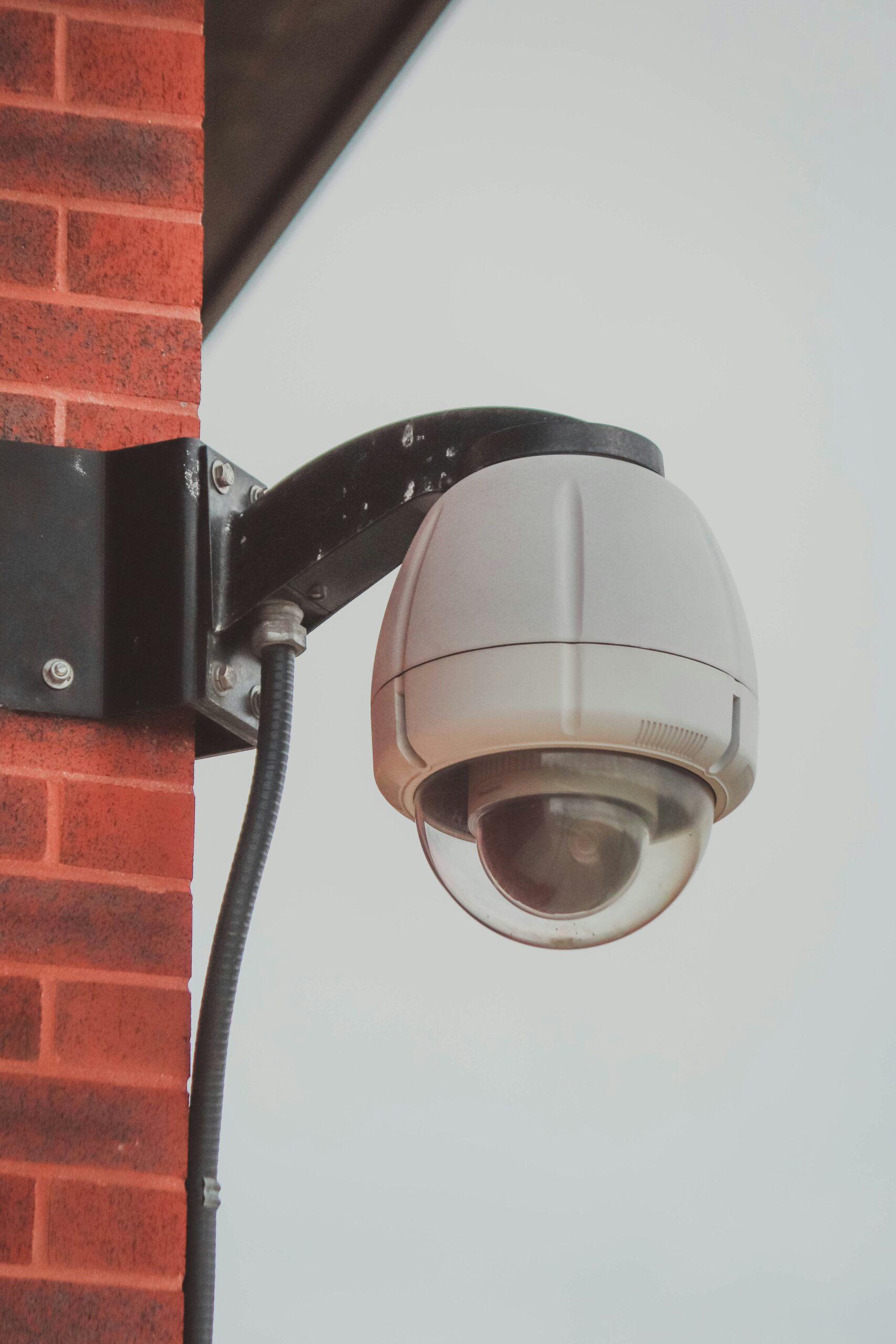Mobile World Congress 2025 in Barcelona wasn’t just about cutting-edge tech—it also showcased groundbreaking sustainable gadgets that merge innovation with environmental responsibility. From solar-powered laptops to recycled-plastic earbuds, here’s a deep dive into the top 10 eco‑friendly devices that made waves.
1. Lenovo Yoga Solar PC – Solar-Powered Laptop Marvel ☀️
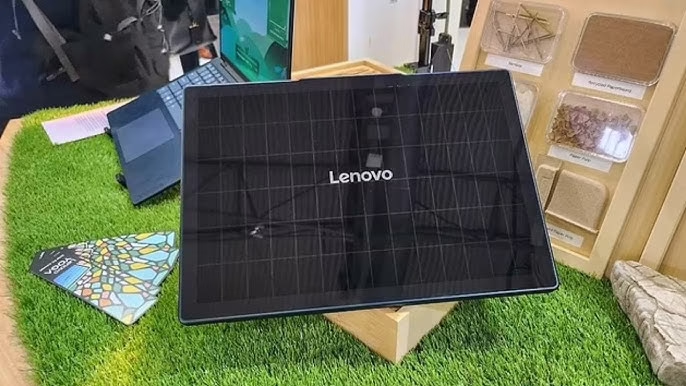
Overview
Lenovo introduced its Yoga Solar PC, a slim, light laptop that integrates solar panels directly into the lid. At just 15 mm thick and slightly over 1.2 kg, it isn’t bulky—yet it can charge its battery sufficiently for 1 hour of video playback in about 20 minutes of sunlight.
Sustainability Highlights
- Integrates low‑light perovskite solar panels
- Reduces dependency on grid electricity
- Encourages renewable energy use in everyday computing
Why It Matters
Because it actively harvests solar energy for on‑the‑go efficiency, this concept laptop demonstrates a tangible path toward reducing daily carbon footprints without sacrificing portability or performance.
2. Infinix SolarEnergy‑Reserving Phone – Solar-Charging Concept
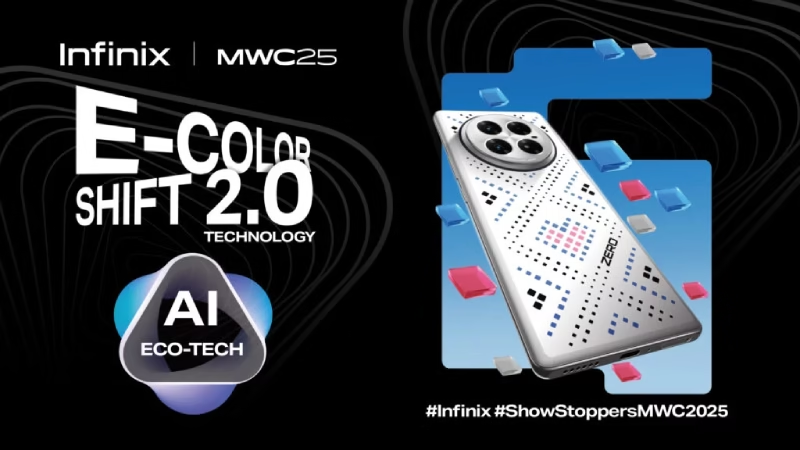
Overview
Infinix unveiled a concept smartphone with SolarEnergy‑Reserving Technology, harnessing perovskite photovoltaic cells embedded in a case or cover. It can harvest up to 2 W of power under optimal sunlight.
Key Features
- Sunflower Wireless Charging adjusts to light and device position
- Stores solar energy for later use
- AI‑based power management optimizes charging based on conditions
Sustainability Highlights
- Boosts phone standby and emergency power
- Reduces reliance on outlets
- Paves the way for solar-powered accessories and device cases
3. Belkin BoostCharge Accessories – PCR Materials & Plastic-Free Packaging
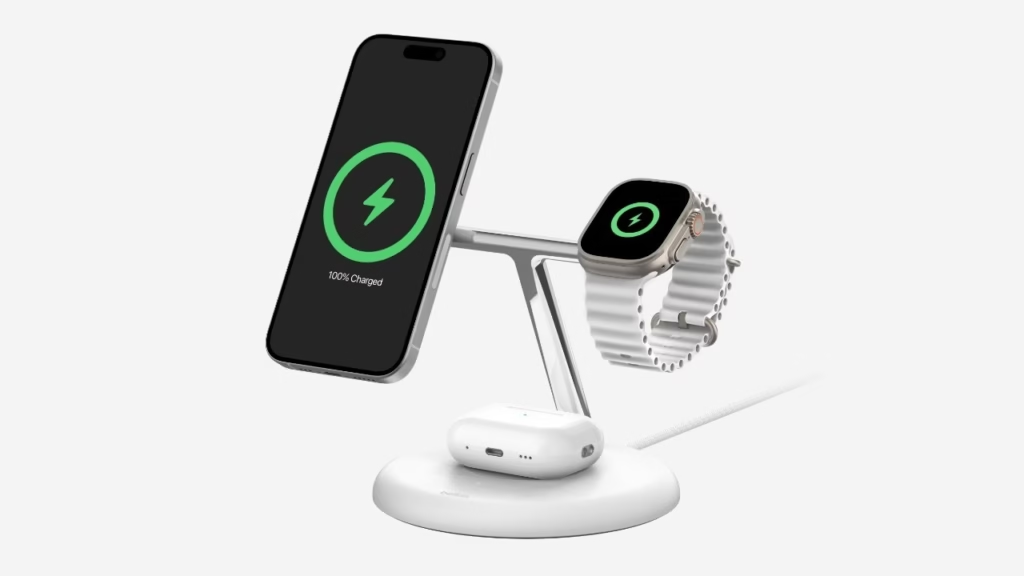
Overview
Belkin showcased several eco-centric products in their BoostCharge line, including a 3‑in‑1 magnetic wireless travel pad, power banks, and cables—all crafted from 85–90% post-consumer recycled (PCR) plastics.
Highlights
- BoostCharge Pro Magnetic Pad: 15 W Qi2 wireless charging, foldable for travel
- Power banks with clear digital displays and detachable cables
- Certified by Global Recycling Standard, shipped plastic‑free
Sustainability Impact
- 432 t virgin plastic avoided so far; new products to save up to 85% CO₂‑eq per unit
- Supports carbon‐neutral goals by 2030
- Encourages sustainable consumer electronics packaging
4. HMD Amped Buds – Reversible Charging with Longevity
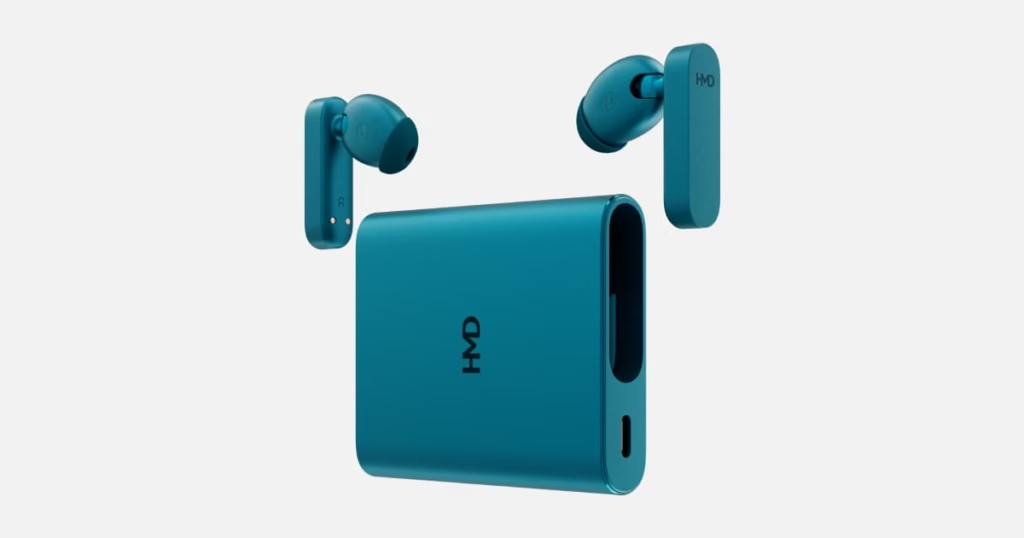
Overview
HMD introduced the Amped Buds with a 1,600 mAh charging case, enabling reverse wireless charging for Qi2-compatible devices.
Key Features
- Up to 95 hours of combined battery life
- Acts as a portable mains-free charging station for phones
- Splash-resistant, ANC-capable earbuds
Sustainability Highlights
- Reduces reliance on wall chargers
- Promotes multi-use accessory design
5. Samsung’s Recycled & Ocean‑Friendly Components
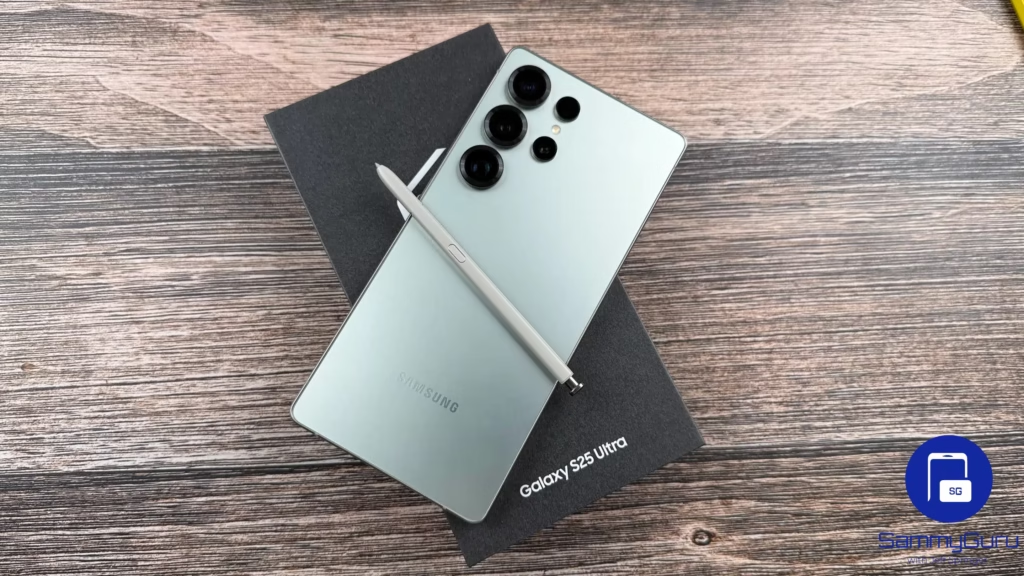
Overview
At MWC, Samsung emphasized sustainability in the Galaxy S25, showcasing components recycled from old devices and fishing-net plastic used in phone materials.
Highlights
- Batteries reuse recycled cobalt
- Polyurethane foam made from fishing nets
- Camera features “Ocean Mode” to support marine conservation
Environmental Impact
- Supports circular resource models in consumer electronics
- Raises awareness of marine plastic cleanup
6. Tecno Sustainable Concept – Coffee Grounds Phone Back
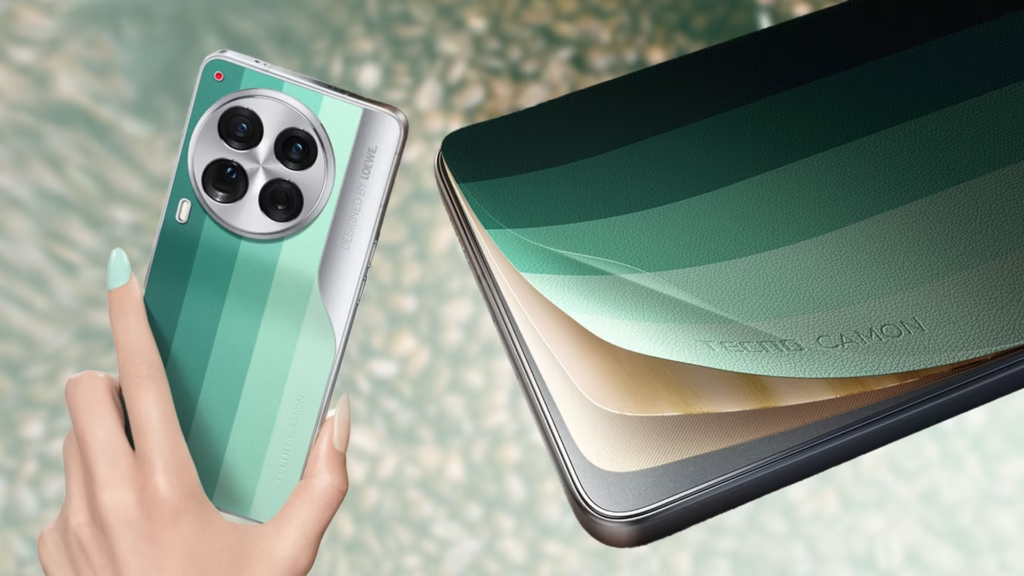
Overview
Tecno surprised attendees with a concept smartphone whose back panel is infused with coffee grounds, combining recycled packaging materials and aromatic novelty.
Highlights
- Biodegradable, compostable panel design
- Distinct aroma and natural finish
- Showcases creativity in material reuse
7. Whispp App – Inclusive Voice Transformation

Overview
While not hardware, Whispp is a subscription app that converts whispers or speech with vocal impairment into normal voice via a cloud service.
Key Insights
- Accessible, assistive tech
- Plans for on-device processing to reduce cloud reliance and latency
- Indicates sustainability through health and social inclusion
8. Neuranics Magnetic Gesture Wristband
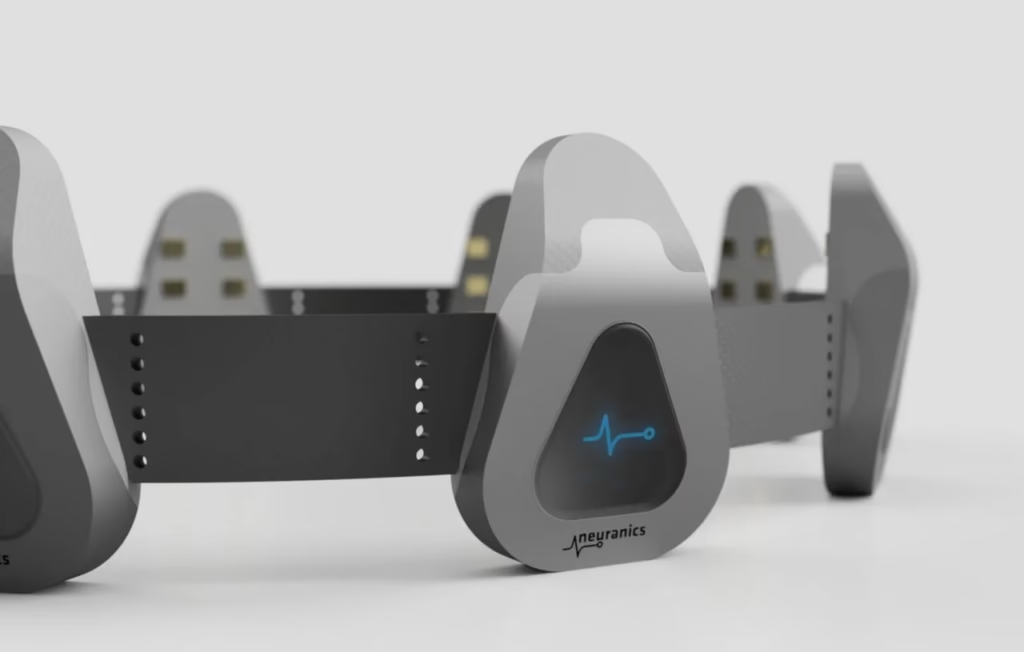
Overview
Neuranics presented a wrist-worn gesture recognition device using Tunneling MagnetoResistance (TMR), offering low‑power, wearable input tech.
Sustainability Spin
- Enables more energy-efficient wearable interactions
- Promotes intuitive, low-latency experiences with minimal power use
- Potential for long-lasting hardware due to low overhead
9. Lenovo ThinkBook Flip & ThinkPad Concepts – Modular & Circular Design
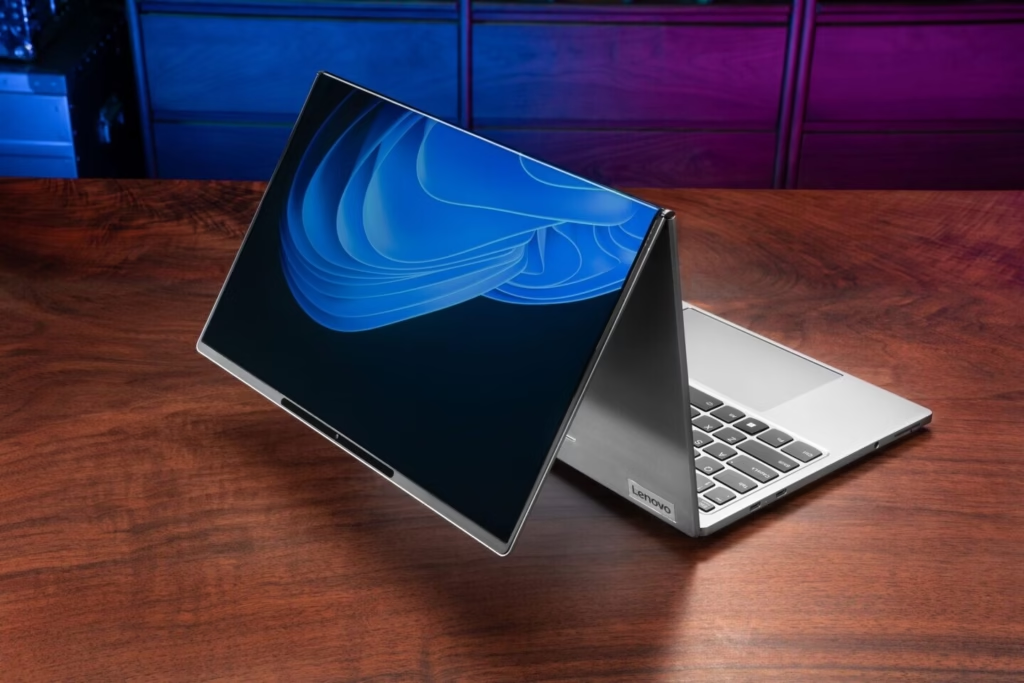
Overview
Lenovo revealed two eco-forward laptops:
- ThinkBook Flip: a hybrid fold laptop doubling as tablet or display.
- Yoga Solar PC: slim solar-powered model (described above).
Circular Features
- Modular screens aim to reduce device abandonment
- Hybrid mechanisms extend device lifespan
- Paves way for future upgradable form factors responsive to user needs
10. Ambient Backscatter IoT Devices – Zero‑Energy Communication
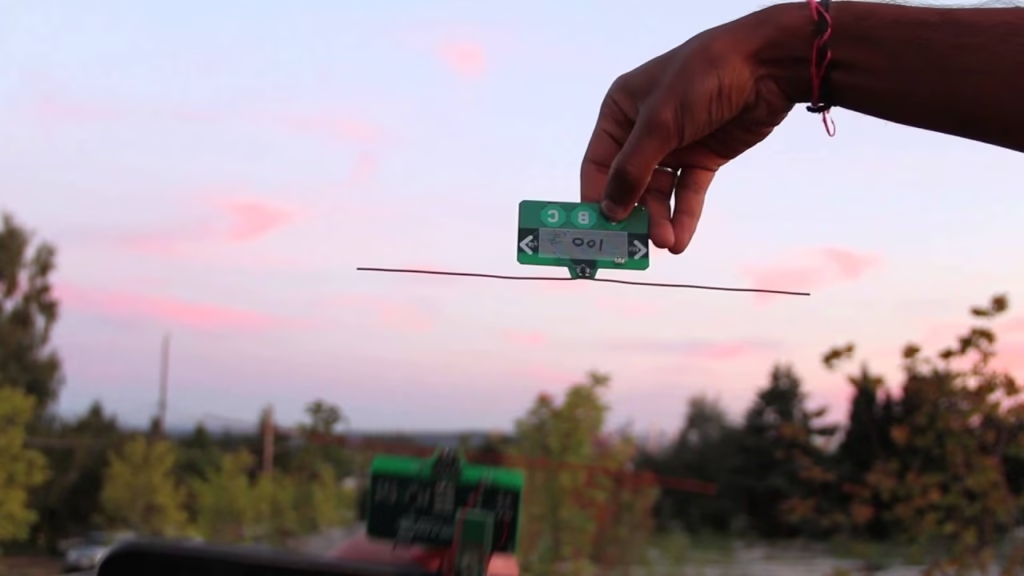
Overview
Emerging from MWC’s green initiatives and tech panels, concepts like ambient backscatter devices rely entirely on ambient light or RF signals—no external power source needed.
Highlights
- Harvests solar or ambient energy to power sensors
- Uses backscatter to transmit data
- Potential applications in IoT, asset tracking, environmental monitoring
Broader Impact
Demonstrates how ultra-low‑energy devices can reduce e-waste and enable sustainable sensor networks.
In Conclusion
MWC 2025 wasn’t just a tech extravaganza—it was a green tech manifesto. The top 10 sustainable gadgets outlined above offer a hopeful vision: tomorrow’s devices can be smart, stylish—and significantly kinder to our planet.
Click here to read more about TECH trending news
![]()
